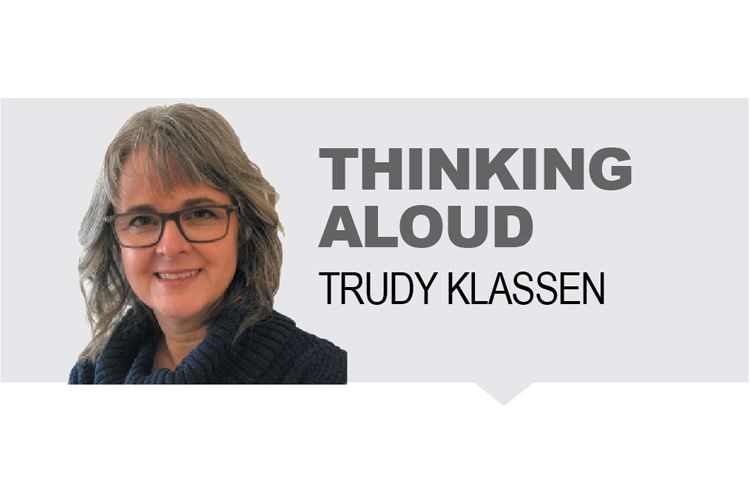For 30 or more years, there has been an increasing focus on tolerance. The movement came out of a valid quest for our society to be less judgmental and to allow for more personal expression of freedom. It wasn't that personal rights were something new; we had an extraordinary amount of freedom compared with most of the world's population. However, many would argue that it was the shiny new Charter of Rights and Freedoms which has brought about our current form of "oppression," which is "forced tolerance."
So, at which point is tolerance oppressive? I am no expert in the law, but my understanding is when tolerance of difference was defined and certain behaviours were made a "right" or "duty," then the law forces us to do something against our will and it becomes oppressive.
Most of our laws prevent, or at least punish, us, if we chose to commit the unlawful behaviour. However, our much-celebrated Charter of Rights and Freedoms has had the unforeseen, or unintended, effect of making tolerance of difference into rights to be or do, which is oppressive, because it forces someone to do something.
I present two thoughts, not comprehensive, but I hope they prompt some discussion:
Medical Assistance in Dying, or MAID, has many proponents, which I can tolerate. However, what happens when government funding is used as a stick to force long-standing community-based groups like Rotary Hospice House to embrace the use of MAID in their facilities?
Just a few days ago, the Delta Hospice House was ordered to provide MAID or risk losing government funding. In this case, toleration of the right to MAID is no longer enough. Now, the service must be provided. "Toleration" for someone to choose MAID has become a duty to 'do" something, in this case, provide MAID. I don't think that is what anyone wanted when they expressed support for MAID.
Pink Shirt Day has been widely promoted as a day to bring attention to the harmful effects of bullying. We can all agree that bullying is bad. So, in an effort to reduce bullying, everyone is "forced" to come to school wearing a pink T-shirt. Teenagers are smart at calling out hypocritical things, and a few brave souls show up not wearing the pink shirt.
Those that don't wear the pink shirt are......guess what? Bullied!
The irony astounds. Why not encourage students to wear their favourite clothing on anti-bullying day? That would require a real-life exercise in showing tolerance and likely produce more positive results than everyone wearing the "one approved colour t-shirt."
There are many other instances where tolerance, once it morphs into a "right" causes more problems than it was meant to solve. Frequently, we hear of parents of special needs children struggling with a school system that declares itself fully inclusive but never really is. The transgender movement has met a limit in its own toleration in its response to those who wish de-transition, and in the problem of women's sexual assault shelters resisting male to female transitioned staff or guests.
As we work on solving these issues around "rights" and "tolerance," it is a good idea to remember that most of us are happy with lots of laws enshrining all kinds of rights, as long as we agree with them. We need to be mindful that it will not always be so. Governments change. Laws change. Moderation is toleration's best friend, because it keeps oppression at bay.



